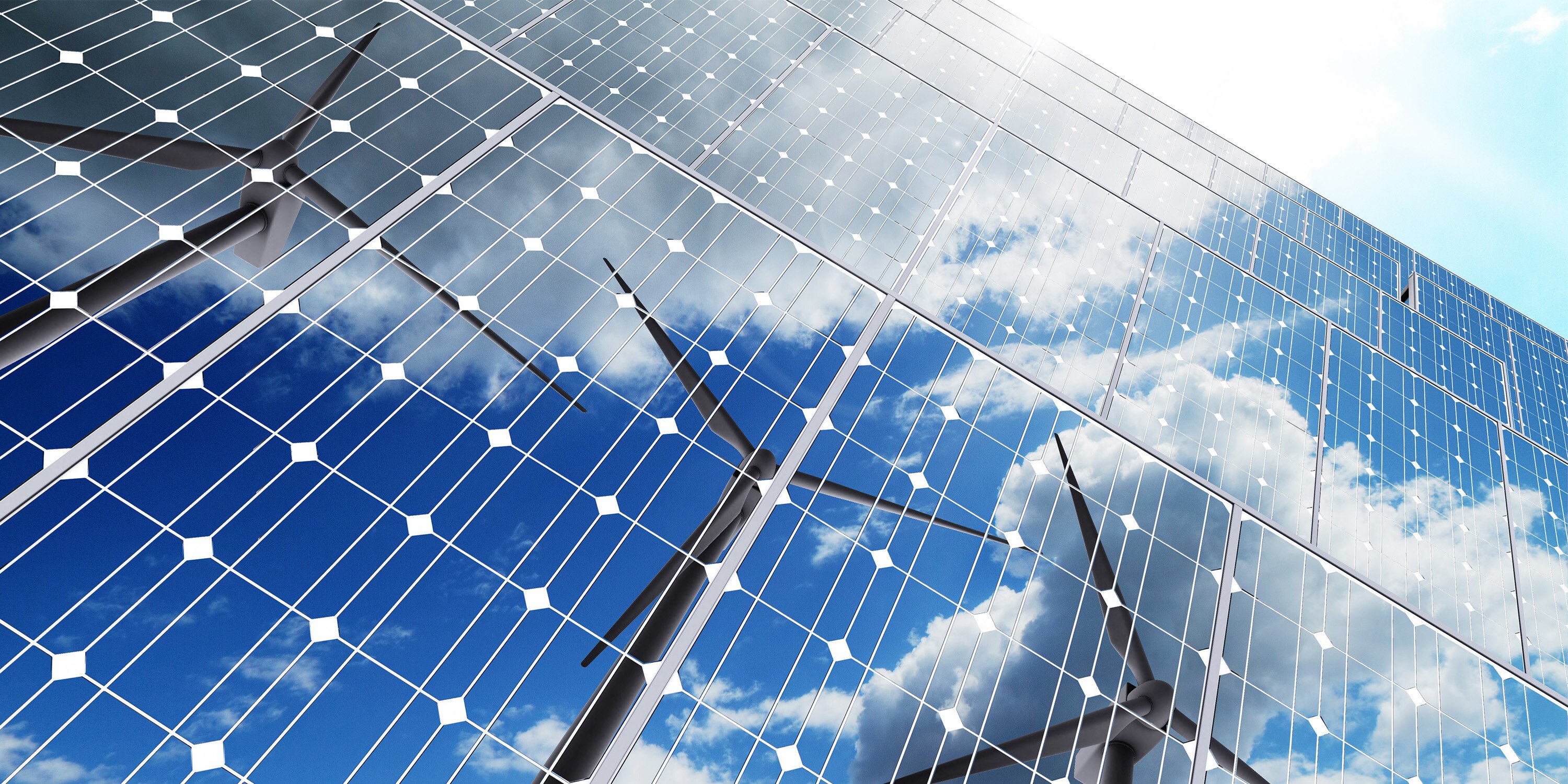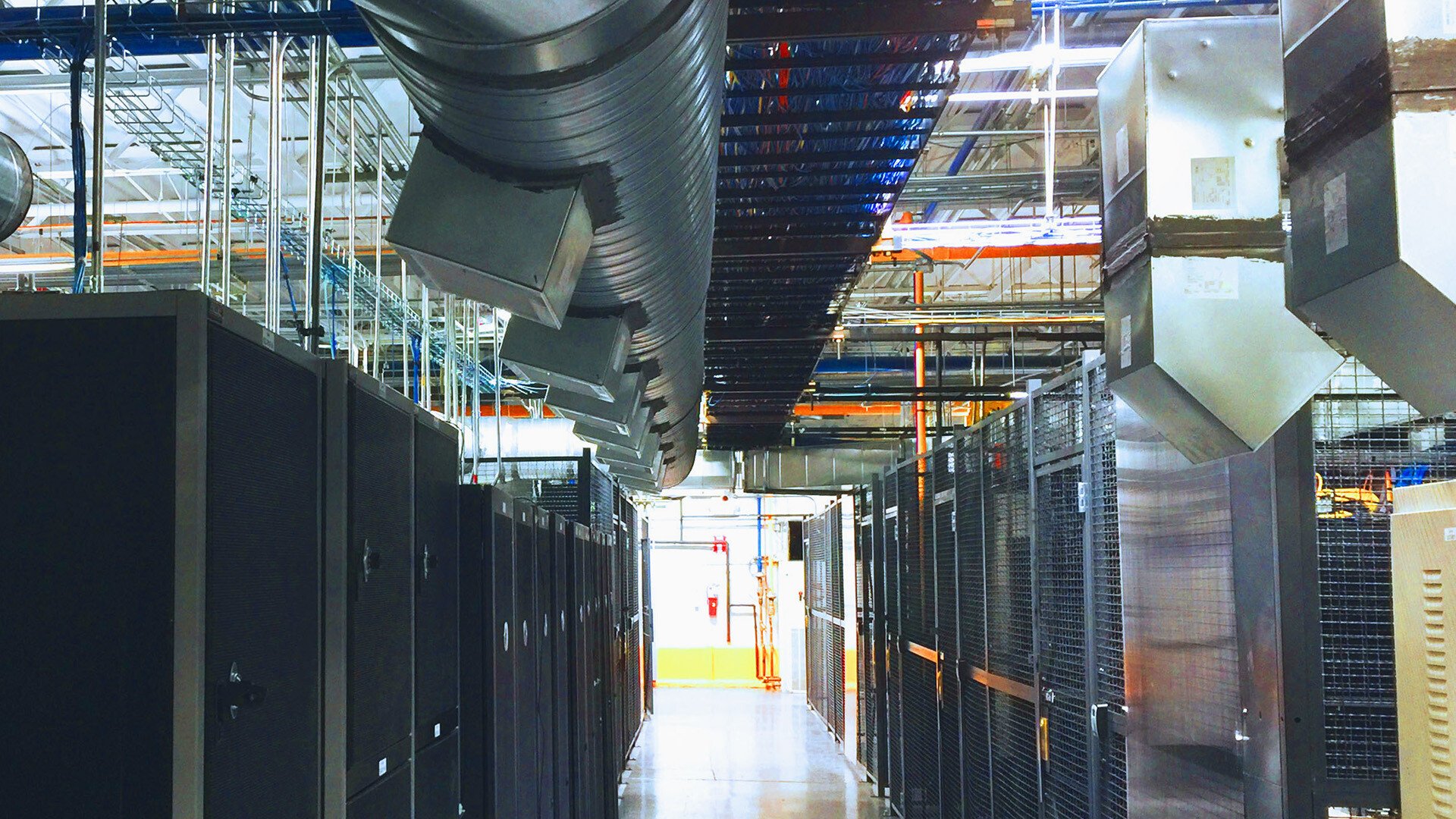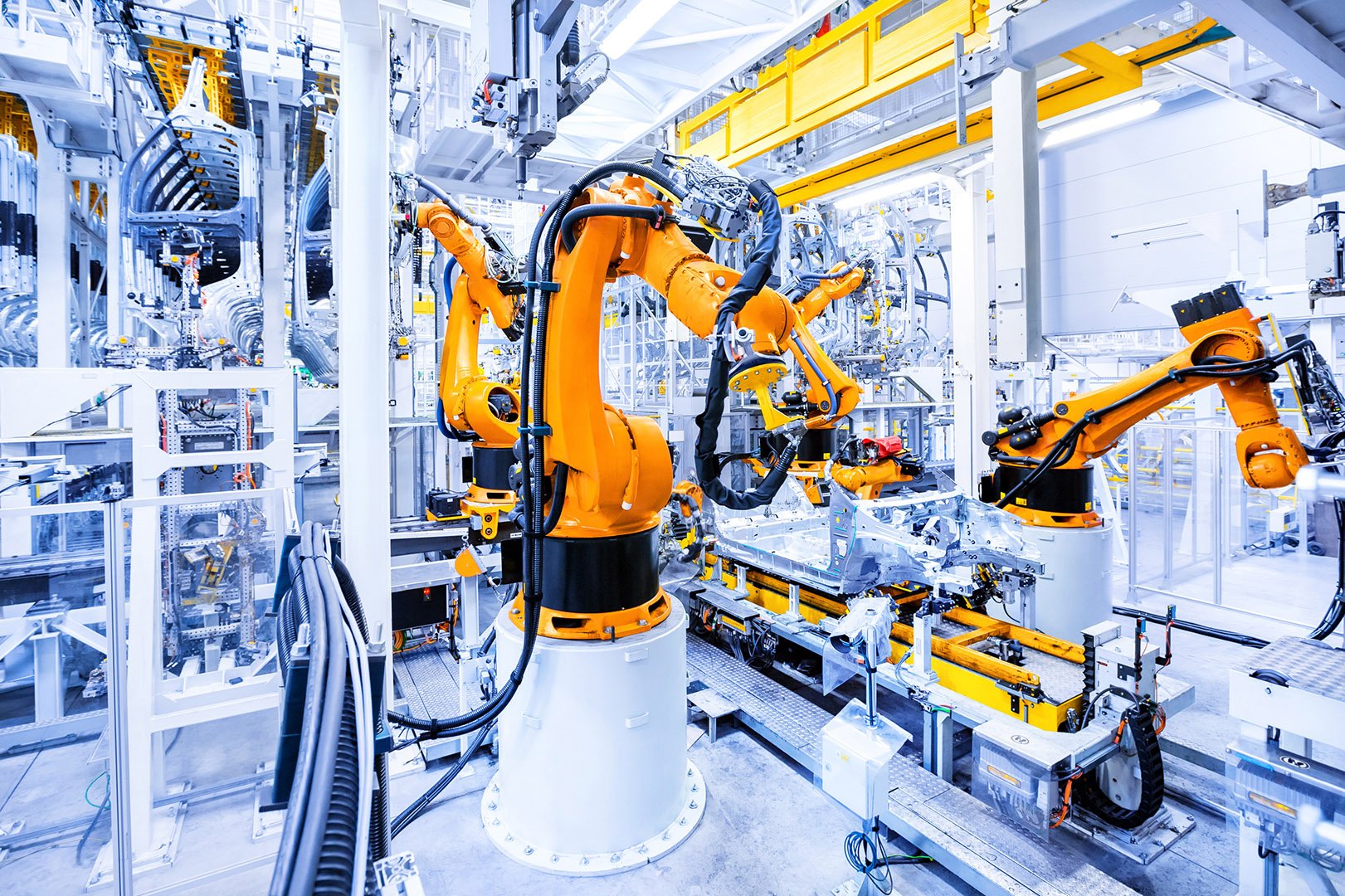Sustainability | August 8, 2024
Understanding Recent Updates to Article 179D by the Inflation Reduction Act
The Inflation Reduction Act has given a boost to Article 179D of the United States tax code, which incentivizes executing energy efficiency projects in commercial buildings. With the recent updates, it's crucial for building owners and designers to understand the new tax deduction opportunities and how they can benefit from them.
What is Article 179D?
Article 179D was designed to encourage commercial building owners and operators to make their buildings more energy-efficient. It specifically allows for a tax deduction on the cost of installing or upgrading to qualifying building systems.
The deduction was originally up to $1.80 per square foot of the building’s floor area, based on achieving specified levels of energy efficiency. Often, businesses were taking a pass at reclaiming these funds due to the administrative burden of filing for them.
However, the Inflation Reduction Act has expanded business tax deduction opportunities under Article 179D. The maximum deduction has increased significantly—potentially up to $5.00 per square foot—provided specific criteria are met.
The recent updates represent more than just a policy change; they represent a significant shift in the commercial sector energy efficiency landscape.
A Financial Catalyst for Energy Efficiency
This increase in the tax deduction amount can be a game-changer for businesses considering energy-efficient upgrades or ones that have recently completed them. It substantially lowers the financial barrier to implementing green technologies, making it more attractive for companies to invest in sustainable building practices.
This change can lead to a ripple effect, where the initial tax savings from the deduction can be reinvested into further energy-saving measures, creating a cycle of continuous improvement and innovation in energy efficiency.
Retroactive Benefits for Forward-Thinking Projects
Moreover, the change is retroactive, including projects completed since January 1, 2021. This means businesses that have already taken steps towards energy efficiency can reclaim some of the cost. It's both acknowledgment and boon for early adopters, encouraging others to follow suit. This retroactivity ensures that businesses are not penalized for being ahead of the curve but are recognized for their proactive approach to energy conservation.
Qualifying Improvements
To claim the deduction, the building must undergo improvements that meet specific energy efficiency targets. These include:
- Heating, ventilation, and air conditioning systems (HVAC)
- Building envelope improvements, such as better insulation, windows, and doors
- Energy-efficient lighting systems
Each of these improvements can contribute up to $0.60 per square foot towards the deduction.
Certification Requirements
A qualified third party must certify that the building meets the energy efficiency requirements. This third party cannot be the company claiming the deduction or the project's installer.
Combining with Other Credits
Savvy businesses taking a programmatic approach to transforming their energy use by executing multiple types of projects can use Article 179D deductions in conjunction with other tax credits and deductions, such as Investment Tax Credits (ITC) for renewables projects, allowing for even more significant tax savings.
In Conclusion
The updates to Article 179D present a valuable opportunity for those looking to invest in energy efficiency. Building owners and operators can maximize their benefits under the Inflation Reduction Act by understanding the new provisions and working with experts like Mantis Innovation.
Mantis supports building owners in obtaining maximum value for their energy efficiency projects. Whether by designing energy efficiency projects that will qualify for 179D deductions or introducing a third-party tax consultant who can verify and apply for deductions, we optimize facilities and financials.
Contact a Mantis pro today and learn how Article 179D and the Inflation Reduction Act can change the game for your business.
Related Posts
Discover more content and insights from Mantis Innovation

The Cost of Inaction: Why Businesses Should Act Now on Energy Efficiency
In today's fast-paced business environment, the financial and operational losses businesses incur by delaying energy efficiency improvements, the "cost of inaction," is more relevant than ever.

Carbon Credits Explained: A Primer for Achieving Your ESG Goals
In the race to achieve net-zero emissions, carbon credits have become a crucial tool for companies with hard-to-abate emissions. As of 2024, almost half of the Fortune 500 companies have net zero

Five Trends Driving Data Center Facility Energy Optimization
Today’s digital economy, commercial and industrial digitalization, and the recent explosion in artificial intelligence and machine learning (AI/ML) powered computing are driving massive growth in

Modernizing Manufacturing Facilities: Practical Steps for Better Performance
In today's competitive manufacturing landscape, staying ahead requires more than maintaining the status quo. Modernizing facilities and operations is essential for improving efficiency, performance,